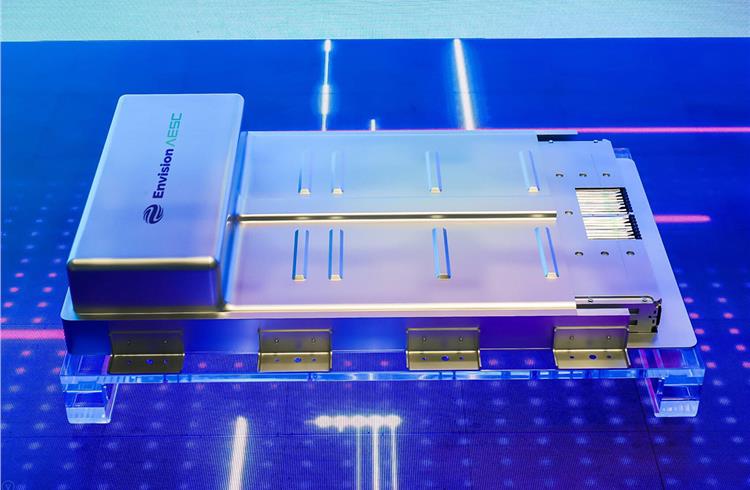Umicore, a major supplier to Volkswagen based in Belgium, has reportedly replaced its chief executive officer and plans to reassess its spending plans for the battery materials business. This move comes amid an industry-wide slowdown in demand for electric vehicles.
According to reports from Bloomberg, Bart Sap, the executive vice president of Umicore’s catalysis business (which makes key components for combustion engine vehicles), has taken over as the new CEO from Mathias Miedreich, effective Thursday, May 17.
The report notes that Miedreich had previously established a joint venture with Volkswagen, which had planned to invest €3 billion (approximately $3.3 billion) in new battery materials production starting next year.
An analyst cited by Bloomberg suggested that Umicore has yet to deliver on any of its battery materials business objectives, and the announcement suggests a negative read-through for the company’s operating results.
According to the report, Umicore cited slower-than-expected growth in demand for electric vehicle battery materials as the reason for initiating a review of the business. The company plans to share initial findings from this review when it releases its first-half results on July 26.
Bloomberg also mentioned that Miedreich, who previously worked for suppliers Forvia and Continental, had signed an agreement in 2022 for Umicore to supply electric vehicle battery materials to Automotive Cells Company, a joint venture between Stellantis and Mercedes-Benz Group.
While acknowledging the inherent value in Umicore’s Rechargeable Battery Materials (RBM) division, including its contracts, global asset base, and technology platform, the lack of a clear future direction has necessitated a change in the valuation approach by Citi analysts.
Citi has significantly revised down its valuation of Umicore’s RBM division from approximately €4.5 billion to just €0.8 billion. This drastic adjustment is due to decreased visibility on the division’s prospects, leading analysts to shift from a profit-pool based valuation to a multiples method.
Despite this substantial reduction in the estimated value of the RBM division, the Citi analyst suggests that the market may currently be assigning almost no value to this division, potentially undervaluing it even further.



